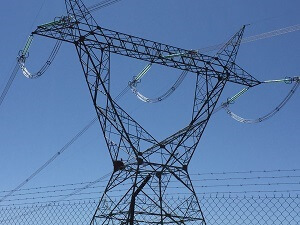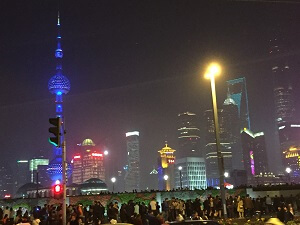Who we are
About Us
Carbon & Clean Energy Solutions (CCES) provides services in the field of Clean Energy, Climate Change and Carbon Markets. At CCES we are passionate about creating innovative solutions to our client’s business challenges.
We assist our clients in sustaining and maximizing growth through
- Innovation and commercialization of low carbon technologies
- Renewable energy technologies
- Development of energy efficiency strategies
- Carbon emissions reduction and sustainability strategies
Our services are tailored to assist companies across the economy in responding to climate change and sustainability issues, managing regulatory compliance, identifying and implementing clean technology investment opportunities, emission reduction opportunities, clean technology transfer strategies; and assessing the business value implications of carbon policy and pricing.
Our Experience
CCES has worked with local industries, multinational companies, utilities and governments on a range of climate change initiatives in Australia, Europe, Africa, Asia and North America.
Experience of our team spans across identification, management & delivery of clean energy and climate change mitigation projects; energy and climate policy research, climate finance; sustainability and carbon markets.
We Are a Proud Member of

Vision
To deliver the highest quality and innovation in a net-zero emissions world.
Mission
Facilitate the transition to a net-zero economy by offering innovative business solutions to our clients.
MAJOR PROJECTS









OUR CLIENTS
PUBLICATIONS
Safeguard Mechanism Reforms: Consultation Paper
CCES welcome the Australian government’s commitments and actions in reforming the Safeguarding Mechanism, which will not only assist the country in meeting its enhanced NDC target under the Paris Agreement but also pave the way for climate diplomacy and action in the region through the implementation of IPCOS and other future bilateral/multilateral international carbon projects under Article 6.2 of the Paris Agreement.
We understand that the government is considering international offsets in the Safeguard Mechanism only if the units are of high integrity and the mitigation outcome can be formally transferred to count towards Australia’s Paris Agreement commitments; however, international offsets are not proposed to be part of the initial enhanced Safeguard Mechanism. We encourage the provision of using high-integrity international carbon offsets created under Article 6.2 in the enhanced Safeguard Mechanism.
Progressive Climate policy is the Soul of Advanced Australia
Time to talk about saving humanity, not just the planet!
Role of Waste to Renewable Energy Projects in achieving Sustainable Development Goals (SDGs)
The Implementation of Climate Change Mitigation Policy after Paris Agreement
- A Comparative Study on EU, AU, China and Korea
Issues to consider when linking carbon markets
CONTACT US
Level 2, 696 Bourke Street
Melbourne
Victoria 3000, Australia
contact@c-ces.com






























